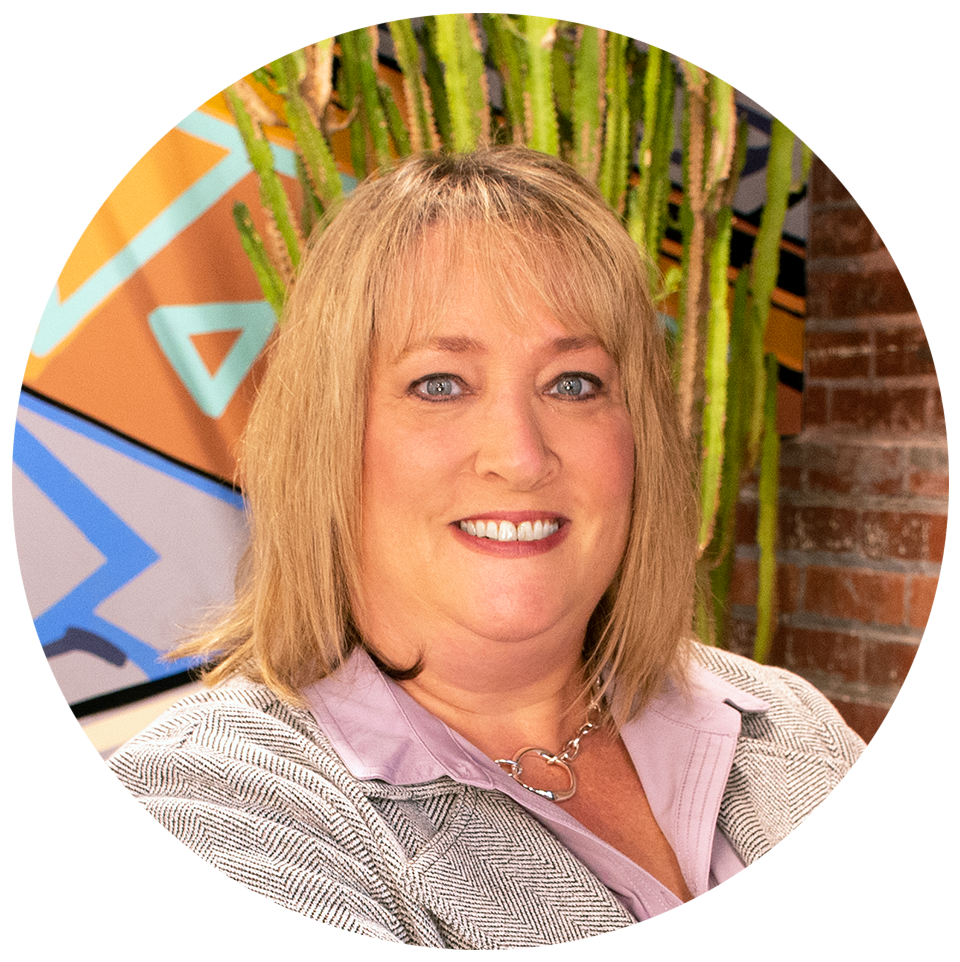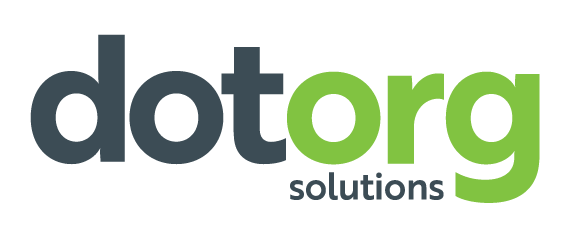Nine ways to improve the board-staff relationship in a small nonprofit
It's important to nurture the relationship between your board and staff.
I hear countless stories from small nonprofits who are frustrated with their boards.
Surprise, nonprofits! The boards get frustrated with you too.
I tend to see the biggest frustration with smaller nonprofits for several reasons:
- They don’t have internal resources to manage a board effectively.
- They are often run by individuals who are passionate and capable of running the organization, but have received no training in managing a board.
- They have little board turnover. This leads to stagnation, boredom and apathy.
- They are not strategic in their board recruitment. As author Jim Collins would say, nonprofits “need to get the right people on the bus.”1 Many do not.
Unfortunately, this frustration can be detrimental to the organization over the long term. So, here are some suggestions to help nonprofits AND their board members develop a successful relationship.
Suggestions to nonprofits:
1. Have an outline of board member expectations – and stick to them.
Financial support, meeting attendance and volunteer expectations are key components of this outline. If they don’t agree, they shouldn’t be a board member.
2. Communicate regularly and clearly.
One of the best pieces of advice I received was from a board member. “Remember that you live your job every day. We don’t and we forget some of the things you tell us. So, if there is something important you want us to know and learn, keep telling us,” she said. Ergo, regular communication is critical.
3. Delegate.
Your board is there to support you. If you outlined expectations, you should be able to delegate tasks. So, don’t just talk at board meetings. Create action items.
4. Have a nominating committee.
The job of this board-led committee is designed to recommend potential board members with specific skills who will help your organization move forward.
5. Set term limits.
It doesn’t matter how well you implement suggestions 1-4. There will always be board members who aren’t effective. Term limits help you rotate “underperformers” off the board.
Suggestions to board members:
1. Make a gift!
Period, done, end of story. If you are a board member of a nonprofit, you must write an annual check to the organization. Make it meaningful. Ask questions. If you don’t understand something, ask. Your question may help the organization run more effectively.
2. Offer your personal or business expertise.
Do you know how to write business plans? Are you an accountant? Do you understand marketing or social media? These skills can greatly benefit a nonprofit.
3. Don’t just offer suggestions, offer solutions.
Smaller nonprofits are often operating at capacity. Provide ideas that will help solve problems without overtaxing the organization. You may have a good idea, but it may be impractical to implement. (i.e. an additional fundraiser may solve the financial issues, but be totally impossible to implement due to limited staff time.)
4. Be present.
Attend meetings, be an active participant and advocate for the charity anywhere you can. Being on a board should not be about status. It is about doing things for the greater good and helping forward the mission of the organization.
Like any relationship, a successful nonprofit/board partnership must be a two-way street. There must be open communication, clear expectations and a shared vision. When this occurs, nonprofits thrive, boards become engaged and the community as a whole benefits.
For additional resources on board development for nonprofits and board members we suggest the following resources:
- Board Source: http://www.boardsource.org/
- The National Council of Nonprofits: Article on Board Development: http://www.councilofnonprofits.org/resources/resources-topic/boards-governance/board-development
- The Nonprofit Expert: Article on Board Development http://www.nonprofitexpert.com/board_development.htm
- 1 Jim Collins “Good to Great” multiple references

Amy Wong, president, Dot Org Solutions
Amy believes the world is a better place because of the special work that nonprofits do for our communities for making them better places to live, work and raise families. And as president of Dot Org Solutions, she is a champion for small businesses for the role they play in creating jobs, delivering important products and services, and keeping the economy strong.

